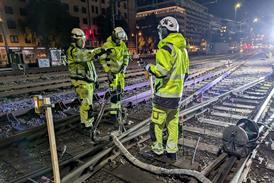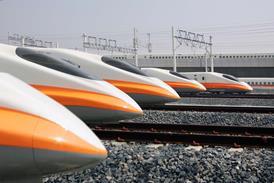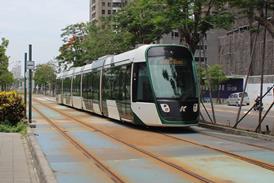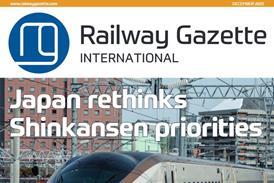Railway flotations envisaged in Indian budget
By Railway Gazette International2017-02-01T11:46:13

INDIA: Plans to float off several Indian Railway subsidiaries including construction arm IRCON, Indian Railway Catering & Tourism Corp and Indian Railway Finance Corp were announced by Finance Minister Arun Jaitley in the national budget on February 1. He said shares in the IR Public Sector Enterprises would ‘soon’ be ...
Already have an account? LOG IN
To continue…
You’ve reached your limit of content for the month
Get enhanced access to Railway Gazette news and weekly newsletters.

For almost 200 years, the Railway Gazette Group has been the leading provider of news, analysis and intelligence for the international railway industry. Our independent and authoritative content is read by operators, regulators and the supply industry in over 140 countries using a variety of tailored subscription packages.
Site powered by Webvision Cloud



